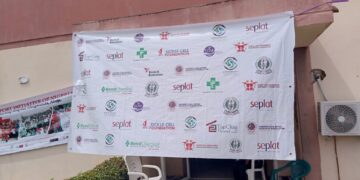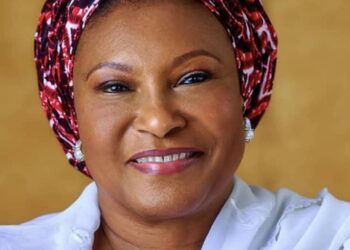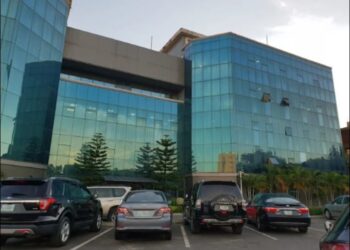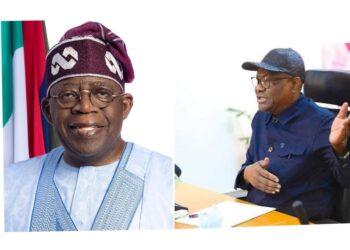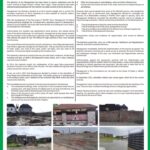By Musa Bakare
Since the establishment of the Nigeria Steel Development Authority (NSDA) in 1971, Nigeria has recognized the critical role of steel in technological advancement and industrialization.
Despite early efforts, including the establishment of the Ajaokuta Steel Company Limited (ASCL) in 1979, many projects have faced challenges that have prevented the country from fully realizing its steel production potential. The present Federal Government Under the leadership of President Bola Ahmed Tinubu appointed Prince Shuaibu Abubakar Audu as the Minister of Steel Development in the administration, several initiatives have been undertaken to revitalize the steel potentials and drive economic growth.
The primary objectives of the Ministry of Steel Development in the vision of the renewed agenda of President Bola Ahmed Tinubu among several others is the establishment of a vibrant minerals and metals industry that supports wealth creation and poverty reduction, enhancement of local steel production towards decreasing dependency on imports.
The core mandate of the ministry under Prince Audu, given the not very encouraging history of the performance in the past is the urgent revitalization of the existing steel assets, particularly the Ajaokuta Steel Complex, to reach full operational capacity as well as the implementation of every legal reforms and infrastructure upgrades towards attracting investments and improving production efficiency. The steel development Ministry is also to Promote job creation through capacity building initiatives and partnerships within the industry.
The Ajaokuta Steel Complex has long symbolized Nigeria’s ambitions in the steel industry. Despite occupying a significant area with immense potential, the complex has been plagued by mismanagement and incomplete projects. Prince Audu has prioritized the revitalization of Ajaokuta, with efforts to engage stakeholders in addressing ongoing challenges, streamline operations, and leverage available resources to put the complex back into full production.
A monumental energy has evidently been deployed by the present administration towards the revitalization of the steel company through a very active engagement with stakeholders and strategic planning aimed at restoring operational capabilities as well as consolidating the existing infrastructure and initiating maintenance programs.
The active promotion of local steel production initiatives geared toward fostering local manufacturing capabilities, reducing reliance on foreign steel imports, and encouraging public-private partnerships to bolster growth is focal in the renew agenda of the Federal Government under President Tinubu.
Infrastructure improvement plans, including enhancing power supply and transportation networks, critical for steel production efficiency
In the quest of the renewed agenda of the Federal Government towards a massive youth engagement and the reduction of teeming unemployment in the country, the ministry of is engaging in the development of training programs and vocational initiatives aimed at enhancing skilled labor through strategic partnerships with educational and training institutions to provide adequate training resources and skill development.
The Ministry is actively pursuing strategic collaborations with various stakeholders, including domestic and international partners, to enhance the steel production landscape in Nigeria. This multi-stakeholder approach is designed to facilitate knowledge transfer, technological advancements, and investment influx into the Nigeria economy.
The Ministry of Steel Development under the stewardship of Prince Shuaibu Abubakar Audu is poised at leading Nigeria toward a self sustaining steel industry, crucial for industrialization, infrastructure development, and economic diversification. With a focus on leveraging Nigeria’s mineral resources, updating infrastructure, and fostering local production, the ministry aims to position Nigeria prominently in the global steel market.
As Minister of Steel Development, Prince Shuaibu Audu is vigorously pushing the mandate in charting a new course for Nigeria’s steel industry through targeted initiatives, stakeholder engagement, and systematic reforms, the goal of establishing a robust steel production framework is within reach, providing a foundation for economic growth and national development in the President Bola Ahmed Tinubu administration.
*Hon. Musa Asiru Bakare* writes from Lokoja Kogi state capital
14th February, 2025

